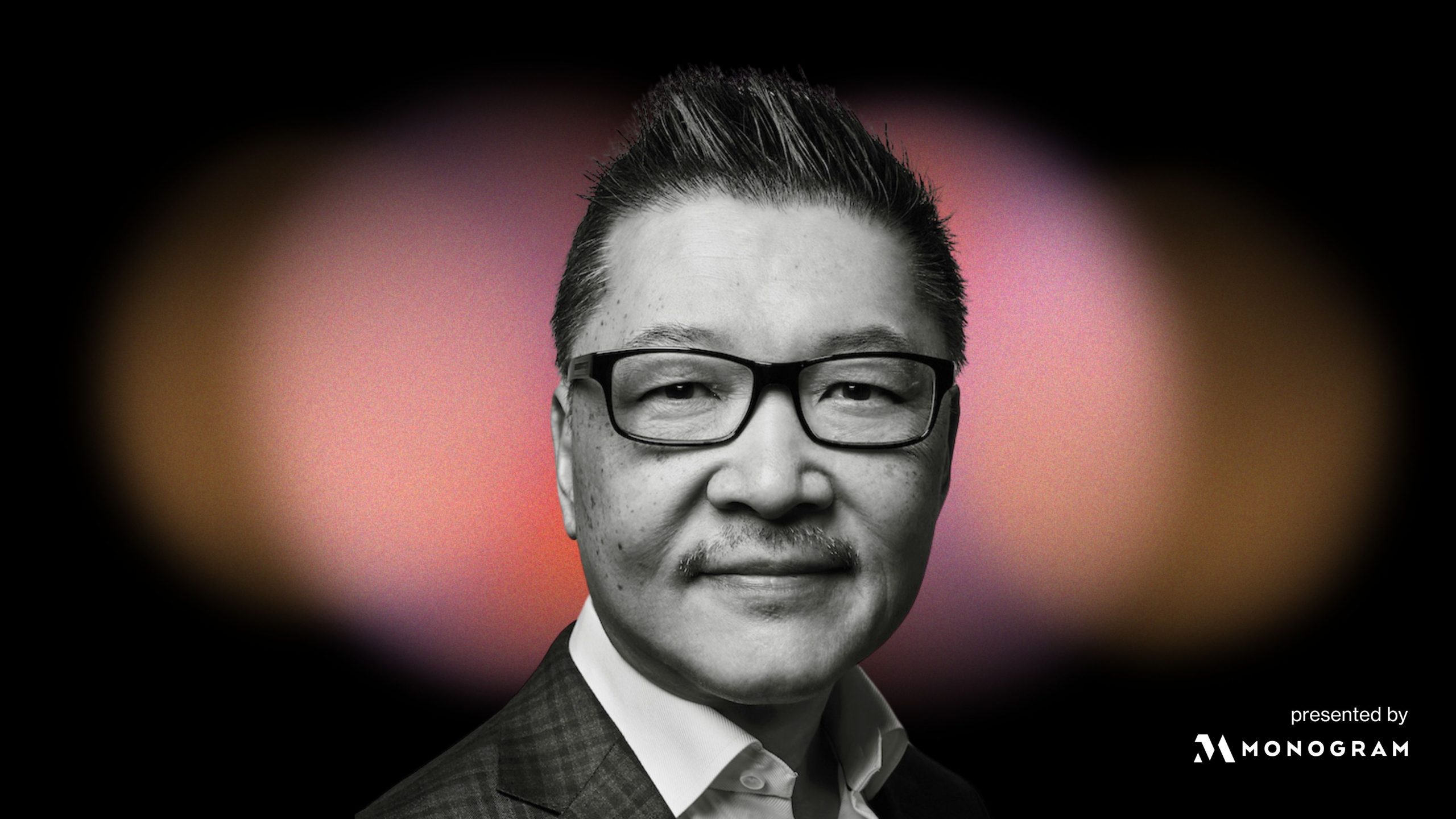According to a recent report, 45 percent of Canadian entrepreneurs are experiencing mental health challenges, especially related to stress and finances. The entrepreneurial journey, while exhilarating, can also be exhausting and many founders find themselves teetering on the brink of burnout. However, with May being Mental Health Awareness month, learning from the experiences of seasoned entrepreneurs can provide valuable insights into how to navigate the demands of entrepreneurialism while safeguarding one’s well-being.
Below, explore six tips from some of Canada’s top founders on how to avoid and deal with founder burnout.
ESTABLISH A MORNING ROUTINE
The startup world can take a toll on one’s well-being, but establishing a routine can help combat this. Connie Lo, Co-Founder of Three Ships, emphasizes the importance of establishing morning rituals that serve as anchors amidst the chaos.
“What I’ve found helpful is to have a few non-negotiables in the morning and evening,” says Lo. “Consistency allows me to bookend my chaotic day with self-care activities that I know I can look forward to, and gives my brain the space to shut off.”
By prioritizing activities like working out, journaling, and reading, Lo creates a buffer zone against burnout, cultivating self-awareness to recognize and address its early signs.
TAKE BREAKS
It may seem like a simple thing, but when you’re wearing multiple hats as an entrepreneur, taking breaks can often be overlooked. Eva Wong, co-founder and COO of Borrowell says, “during Covid, we brought in a psychologist who spoke to our team about preventing burnout.” Wong says, “one of the concepts I try to practice is taking micro, mini, and macro breaks.” She advocates for a balanced approach to breaks, incorporating daily micro-breaks for short rejuvenation, mini-breaks for longer relaxation, and macro breaks for complete detachment from work. By strategically scheduling breaks over time, founders can maintain their well-being and sustain their entrepreneurial journey with resilience.
SET BOUNDARIES
Being intentional about where your time and energy goes is a skill that Erin Bury, co-founder and CEO at Willful, has built to help her avoid burnout.
“With two young kids, it’s just not possible for me to work first thing in the morning and over dinner/kid bedtime, so I’ve communicated my ‘no-go’ hours to my team. In order to help boundaries around my time, I always ask myself two questions: does this need to be done today? And should this be done by me, or should I delegate or deprioritize it?”
ROLE MODEL A WELL-ROUNDED CULTURE
Setting a culture of well-roundedness is one way Fatima Zaidi, founder and CEO of Quill and CoHost combats burnout.
“Success isn’t just about cash flow; it’s about living a well-rounded life,” says Zaidi. “At Quill & CoHost, we’ve shown that it’s possible to have a successful company without everyone working overtime.”
Zaidi prioritizes not only professional success but also personal fulfillment, advocating for philanthropy, physical and mental health, travel, and family. By modeling a balanced lifestyle and encouraging employees to prioritize their well-being, Zaidi fosters a culture of resilience and fulfillment within her organization.
ADDRESS THE ROOT CAUSE
As a therapist and co-founder, Megan Rafuse, CEO of Shift Collab, says that understanding how stress shows up in our lives from either a positive or negative standpoint, can have a profound impact on how you show up for your team.
“When we don’t address the root causes and do the inner work to mitigate the stress (i.e., setting healthy boundaries, managing expectations we are placing on ourselves, taking a day off), prolonged stress can result in burnout” says Rafuse. “An easy way to conceptualize the difference between stress and burnout is that stress feels like too much and burnout feels like not enough”.
REMEMBER WHY YOU STARTED
Why did you start your business? What did you set out to achieve? For Sarah Stockdale, founder and CEO of Growclass, she wanted to design her own life. “I wanted to be able to take a book to a coffee shop on a Tuesday morning or pick my kids up early and go to the park,” she says. “So if I never do those things, what’s the point of being my own boss?” Remembering why you started can bring so much clarity to what you’re doing.
From establishing morning routines to fostering a culture of well-roundedness, these entrepreneurs emphasize the importance of prioritizing self-care in order to be able to perform at your highest level.













